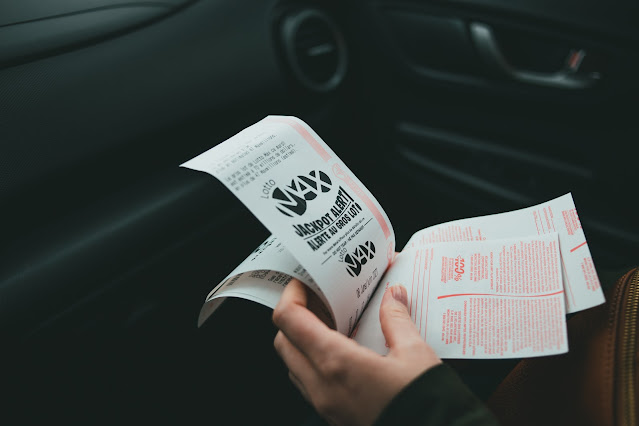Niềm vui trúng thưởng
là lý do thường xuyên mua xổ số hằng tuần, nhiều người như thế...
-----
Dear Dan,
I play the lottery (xổ số) every week even though I know that the chances (cơ hội) of winning are extremely small. Why do so many of us persist in doing this?
—Adam
One reason that the lottery is so popular is that it provides uncertainty (điều không chắc chắn, sự bất định) in a way that is appealing. We don’t normally like uncertainty: Not knowing if or when the pandemic is going to end, or whether to prepare for a winter storm, or what to do about climate change can foster a feeling of helplessness and decrease our motivation to act. But uncertainty about low-probability rewards can make us work harder.
In an experiment, participants were asked to drink six cups of water in two minutes. This is not easy to do. Half of the participants were told they would receive a certain reward ($2) if they achieved the goal, while the other half were told that if they succeeded, they’d receive either $1 or $2, to be determined by a coin toss after they’d finished. More participants in the second group managed to drink all six cups than in the first, suggesting that the uncertain reward was particularly motivating.
The same thing might be happening with the lottery. We get value (giá trị) from the uncertainty of winning, which piques (khêu gợi (sự quan tâm, tính tò mò)) our curiosity (tính tò mò) and stimulates (kích thích) our fantasies (trí tưởng tượng). We also get a psychological reward from seeing the uncertainty resolved, even though we are usually disappointed that the winning ticket wasn’t ours.
All the same, despite this minor benefit from the lottery, I’d recommend that you find other ways to improve your well-being.
Bài trước: Ngượng ngùng vì nghe sách nói
Tags: idea



Post a Comment